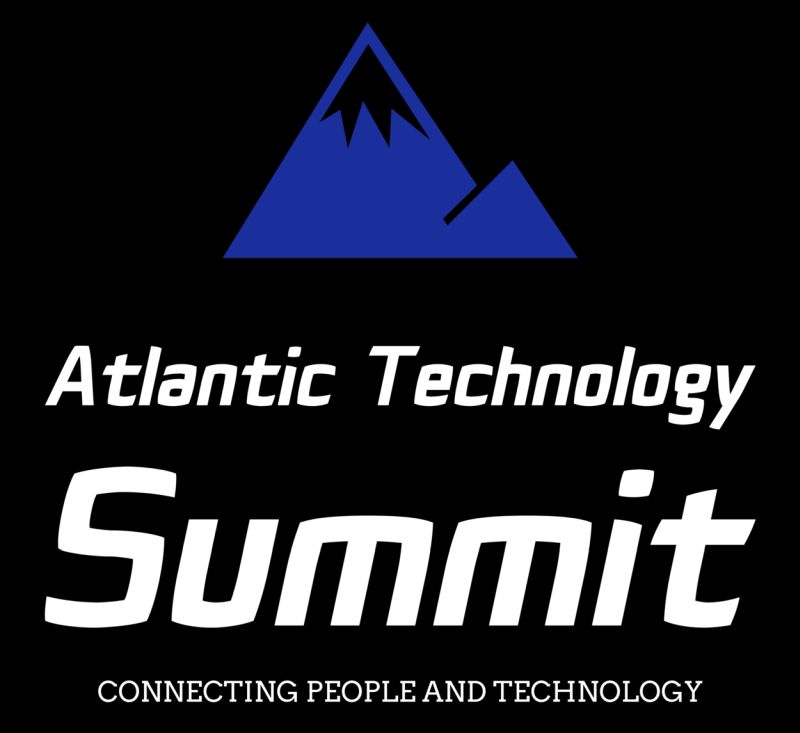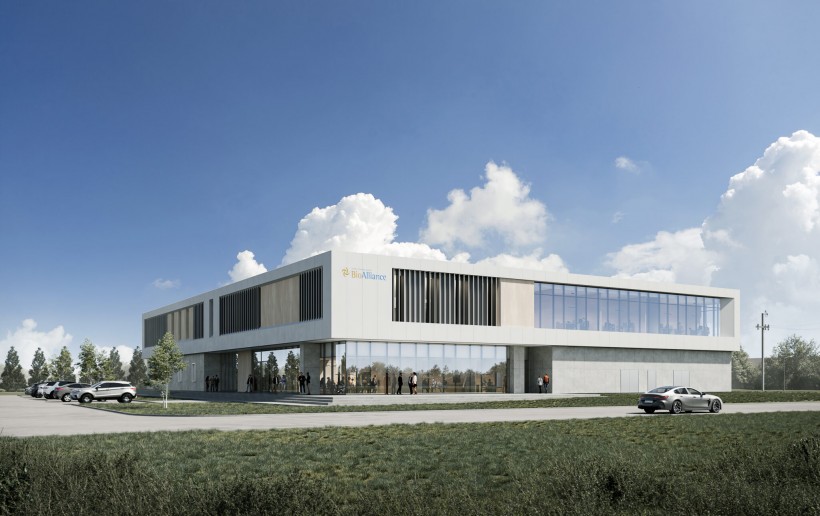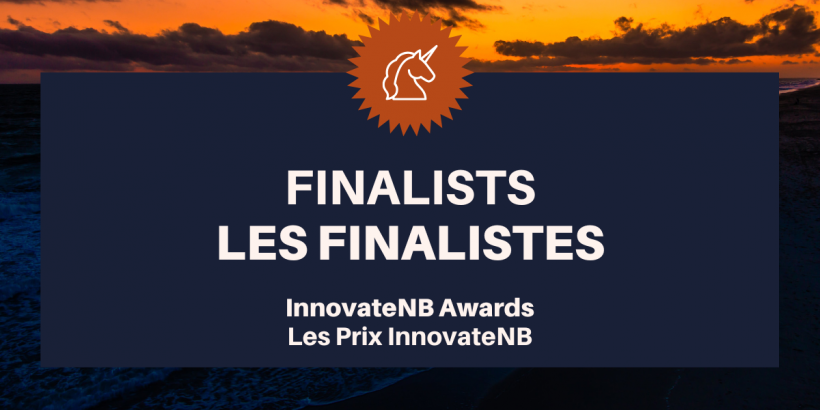Shift Energy, which uses machine learning to reduce energy use by large buildings’ climate control systems, is focusing its business development efforts on a major expansion push in the United States, senior vice president of strategic alliances Alan Zurakowski said in an interview.
Founded in 2009 and operated as a business unit of diversified technology company Mariner Partners, which is based in Saint John, Shift uses machine learning to optimize the performance of heating and cooling systems for large buildings, particularly those with central heating plants.
The United States expansion is being driven by a growing trend of large municipalities introducing regulations requiring building owners to track and gradually reduce the carbon emissions of their properties. Seattle, for example, will require all large buildings to reach net zero by 2050. Zurakowski estimates that between five and 10 major cities already have such legislation in place, with “easily a couple dozen more” planning to pass similar legislation this year.
“When you look at a city like Boston or New York, their buildings actually contribute to about 70 percent of their greenhouse gas emissions, so you can see why they would have a real focus on commercial building owners, to help incent them to reduce (emissions),” said Zurakowski.
Mariner has nearly 400 employees and was founded by former NBTel CEO and Aliant Telecom President Gerry Pond, who has championed startups in Atlantic Canada. Zurakowski said that Shift’s 30-person team, in fact, operates in a manner deliberately structured to resemble the agile approach of a startup, including by focusing its sales efforts on relatively nearby jurisdictions where it can more readily provide customer support.
Zurakowski said residential buildings are not a major priority for the company because they tend not to use district heating of the type Shift’s technology is compatible with. However, a new version of its system targeting buildings whose temperatures are controlled by hot or cold water plants is coming in 2024.
Last week, Shift announced an agreement to use U.K.-based edge computing specialist IOTech’s software in its flagship ESOair product. Edge computing is a technology that allows devices at remote locations to process data at the edge of a network, rather than first transferring it to a central data centre.
Last May, Toronto consulting firm Blackstone Energy announced it would incorporate Shift’s technology into its own energy management systems. Under the terms of the partnership, Shift’s artificial intelligence tech is being incorporated into Blackstone Energy’s blackPACTM Optimize and activeICI energy management systems.
Cadillac Fairview also announced last spring that it would incorporate Shift’s technology into most of its largest Toronto properties, and Zurakowski said feedback from the property management giant has been a key factor driving Shift’s development roadmap.
“I hope we do many, many more deals like that,” he said. “That particular partnership with Blackstone … is really about extending our sales reach.
“Every company has two routes to market: you can hire sales folks and go direct for the customer yourself, or you can find partners to work with who have customer relationships, and sell your product through those partners. The Blackstone deal is the latter."








